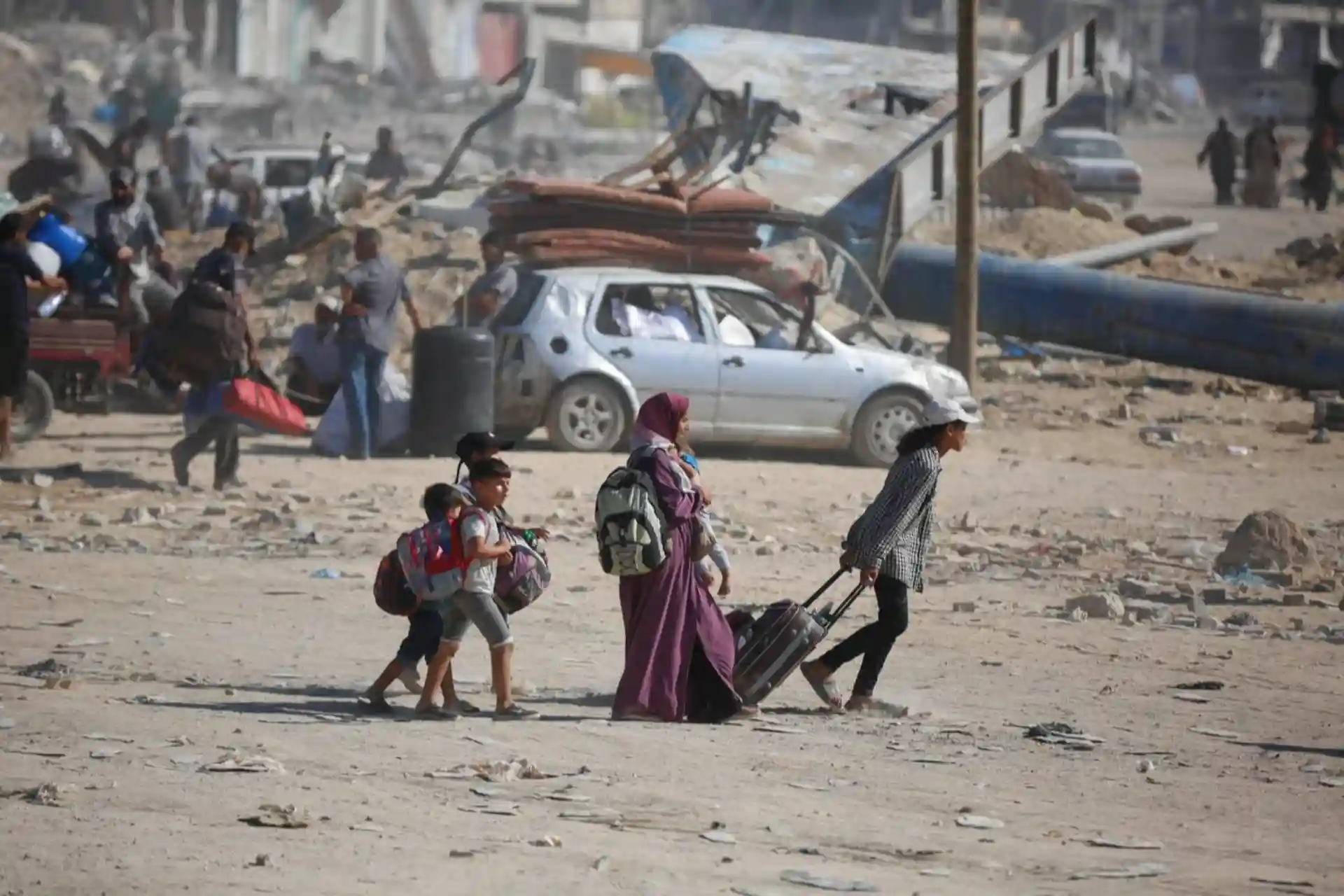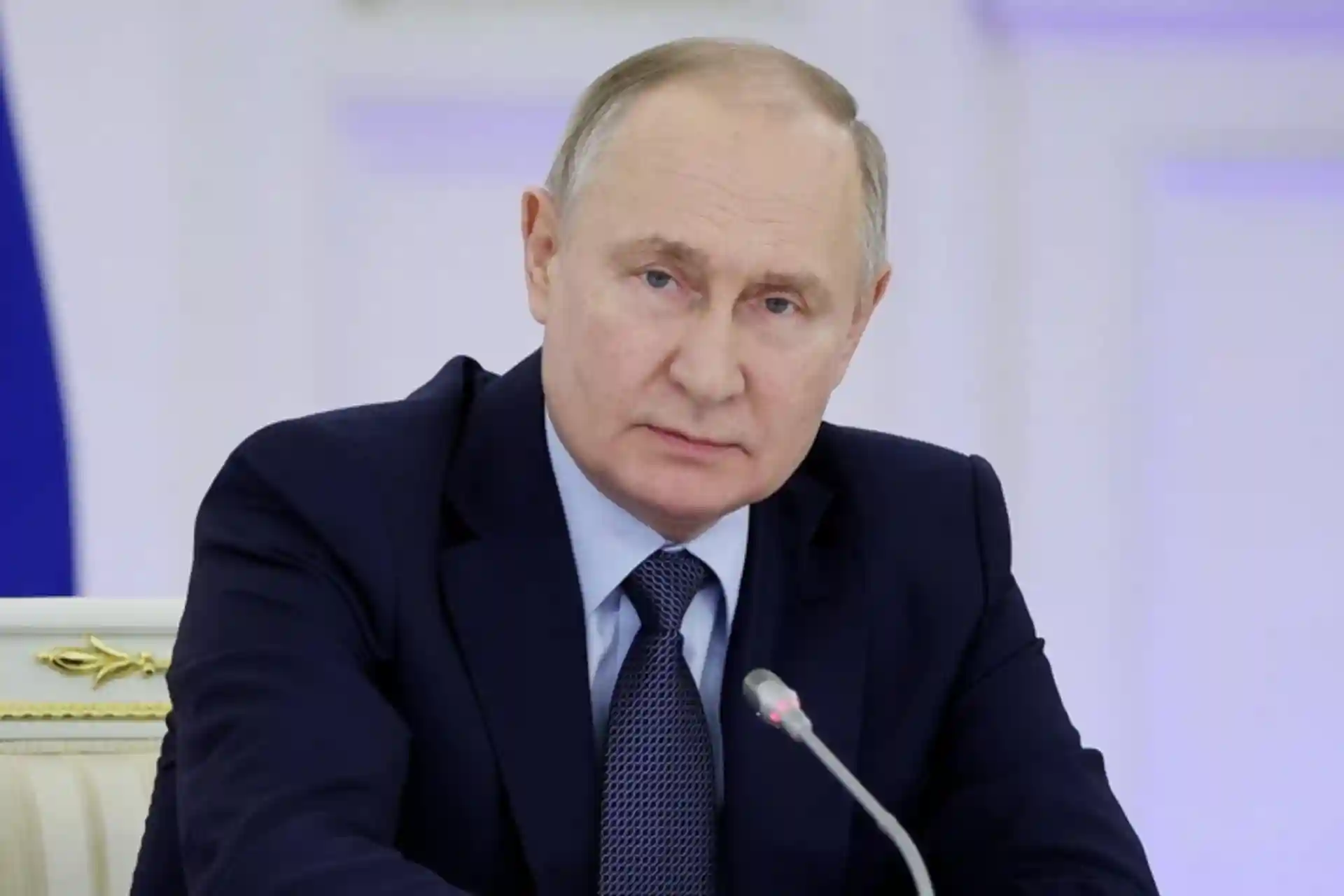When will the war in Ukraine and Palestine end?
Ending a war is harder than starting one. The party who wants to withdraw has to provide convincing reasons for this. The commanders will have to compare losses and gains, and say which of the goals set before the battle were achieved. It is crucial for a nation to understand whether it feels more secure at this time, or whether the hiatus is simply a respite to prepare for new conflicts.
In the past, it was easier to end a war because the fighting was fought by an army that took orders from the government. Today, some wars are taking a completely different form. Already, the military is clashing with factions spread across the region.
The most dangerous thing is that the supporters of the war believe that they are fighting for survival and that there is no retreat.
In particular, the most dangerous aspect of the unrestrained war that the Middle East has been experiencing since October 7 is that it is taking place in a very unstable international situation. The world is living without "safety valves". The whole world has given up on the UN Security Council. After all, it has been proven that the organization is ineffective in solving wars. Relations between the major powers are at their worst in recent history.
We understand the situation more easily if we simply look at how Russian soldiers are being killed by American, German or British shells, and how Western weapons allow Ukrainians to enter Kursk in the third year of the Russian-Ukrainian war. The reality is that the Ukrainian military has destroyed the red lines that were thought to exist due to the threat of nuclear war by breaching the Russian borders. In fact, Russian President Vladimir Putin himself questioned the existing international order when he invaded the territory of Ukraine in 2022 and violated European borders.
Given Ukrainian leader Volodymyr Zelensky's fear of Russian forces taking over large parts of Ukraine, let's imagine how dire the situation could get. This motivates him to continue playing to the best of his ability.
The same can be said about Putin. He decided to attack Ukraine, fearing NATO's approach to Russia's borders. This destroyed his Atlantic dreams and led to the launch of an "operation" aimed at weakening the West. The fact that both sides have devastating arsenals increases the existing threat.
It's hard to think of an end to the war when the enemy refuses to surrender despite heavy losses, and when donors are constantly pouring blood into his veins. Neither side will rest until one of the fighters is knocked out.
The Middle East is uniquely in crisis in this heart-wrenching international situation. As soon as Yahya Sinwar came to power, he started an operation covering the region. The Gaza war is a burden for Hezbollah itself. A day after the start of the war, this party opened a "support front" for Gaza from Lebanon.
In the past ten months, the United States, based on its own interests, did not allow the war to expand in the region. A recent clash on the Lebanese-Israeli border just hours before peace talks in Cairo showed how interconnected the region's various hotbeds are.
Iran has made it clear that it does not want a full-scale war and that it will tone down its retaliation for Ismail Haniyeh's murder. "Hezbollah" is not ready for a full-scale war, despite the killing of its military commander Fuad Shukr. That's why last Sunday, the movement hit only military points.
But Haniya and Shukr were assassinated in Tehran and Beirut respectively. The choice of place is not accidental. Perhaps Netanyahu knew that Iran and Hezbollah would not escalate into a full-scale conflict, but he took advantage of the situation to bring US warships to his defense. The failure of Iran and Hezbollah to retaliate against the killings of Haniya and Shukr was sure to tarnish the reputation of the Shiite forces.
And Israel still does not stop its slaughter in Gaza. As if this was not enough, the Zionists killed hundreds of Hezbollah fighters, bombed Syria and Yemen, and struck Iranian positions.
The cause of the war remains abstract. It is unlikely that Hamas will agree to a ceasefire after the war crimes committed against not only itself but also the civilians in Gaza. The invaders led by Netanyahu are not going to stop until they destroy Hamas. Given that Washington is an equal partner in the genocide, the US is not interested in ending this war either. This shows that no matter how much human dignity and rights are talked about in the age of development, wars between peoples of different nationalities and religions will not stop, on the contrary, their influence on the world and scale of destruction will increase.



